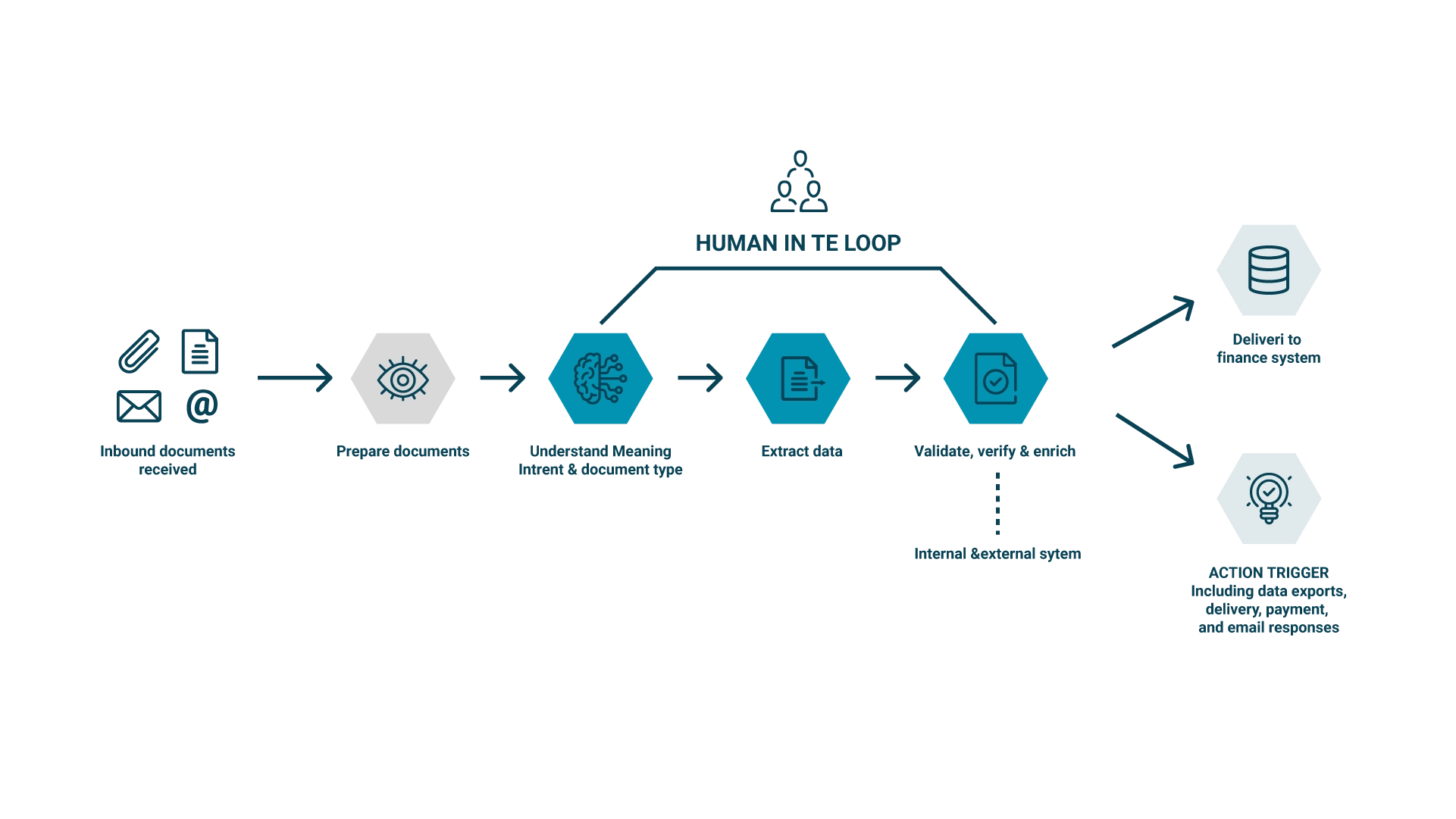Business process automation has become a crucial element for business competitiveness. The use of Artificial Intelligence and Explainable AI can add value to business process automation, as it can provide unparalleled efficiency and improve the quality of work done.
In this article we will explore how the use of AI can improve business processes and lead to greater efficiency and productivity.


Employing Artificial Intelligence for business process automation can provide numerous benefits: it improves productivity, reduces human error and costs, and improves quality of work and adaptability. However, there are also some challenges in using Artificial Intelligence, such as difficulty of implementation, privacy and security, and technology dependence. Companies need to carefully consider the challenges and benefits of using Artificial Intelligence for their business operations and plan the implementation carefully, ensuring security and protection of sensitive data.
We begin by looking in detail at the many benefits of AI in the enterprise, including:
Despite the many benefits, there are also some challenges in using AI for business process automation. Some of these challenges include:
To implement Artificial Intelligence in business process automation, companies should consider using a phased approach. Start with simpler, standardized tasks and, as the system becomes more sophisticated, move to more complex processes. In this way, companies can minimize risks and maximize the benefits of using Artificial Intelligence.